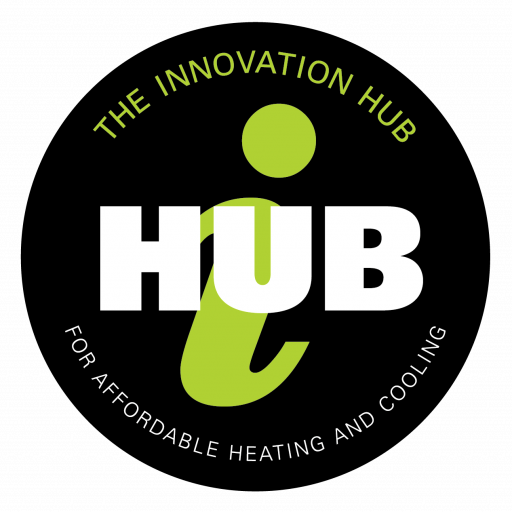Education (Schools) Living Laboratories
About the project
The project will demonstrate and evaluate cost effective and efficient electric heating and cooling strategies that increase the value of renewable energy in the ACT schools to deliver net-zero climate control solutions.
| Project title | Education (Schools) Living Laboratories: ACT Schools establishment and operation |
| Project number | LLS2 |
| Project location | Australia |
| Lead partner | University of Wollongong |
| Contact | Prof. Paul Cooper Sustainable Buildings Research Centre |
| Project partners | Sustainable Buildings Research Centre (SBRC) University of Wollongong |
| Project participants | ACT Education Directorate Environment, Planning and Sustainable Development Directorate |
| Start date | 01/07/2019 |
| End date | 30/06/2022 |
| ARENA/i-Hub funding | $291,880 |
| Total project cost | $785,100 |
Need
Australia’s school stock will use an estimated 8.8PJ of energy in 2020. The provision of (or demand for) thermally comfortable teaching environments through passive or active systems is a large driver for rising energy consumption in Australian schools. HVAC presents a significant energy and demand challenge to school communities and education departments with social, technical, economic and environmental consequences. Approaches to the provision of ‘Cool Schools’ and renewable energy in schools still tends to happen in an adhoc and silo-approach manner (i.e. without considering the system of the occupants, buildings, technologies and electricity grid, and the management and control of that system).
Action
This project will establish and operate the i-Hub ACT Schools Living Laboratory. This Living Laboratory will be used to carry out rigorous testing and evaluation of a range of renewable energy compatible heating, cooling and ventilation technologies that deliver thermal comfort conditions conducive to learning. The Living Laboratory includes active engagement of the occupants and users of the facilities in the evaluation of these technologies. HVAC&R systems will be installed at two school sites representative of schools built before and after the introduction of energy efficiency standards. The replicability of solutions will extend beyond the ACT and will explore both passive and mechanical systems.
Outcome
ACT Schools Living Laboratory Testing Facility, which will provide the means by which renewable energy and enabling technologies may be independently and rigorously evaluated.
Technical reports on at least two tested technologies in first two years.
Establishment of a waiting list for technology testing.
Practical and cost-effective ways school facilities can achieve a 30%+ reduction in energy demand/consumption and greenhouse gas emissions, through the use of new technologies relating to HVAC control, demand management, grid interoperability and renewable energy.
Additional impact
More detailed baseline metrics for energy consumption, demand and renewable energy specific to this facility and ACT schools.
Knowledge sharing activities through the “Renewable Energy Knowledge Sharing Task-Group for Schools”, and development of the “Renewable Energy and Enabling Technology and Services Roadmap for Schools”.
Project reports
Evaluation Framework
All sub-projects within i-Hub are evaluated as part of the ongoing i-Hub project management process. Evaluation is completed by the project manager and reviewed by the Activity Leaders Group and i-Hub Steering Committee. Please click here to read the Evaluation Framework.
Created on 31/01/2020
